The next bergamot orange campaign is at risk as fruits have been largely destroyed by the abnormal temperatures in July, characterized by muggy heat and temperatures reaching 50°C. All of this has led Regione Calabria to request the recognition of a natural disaster. The groves, already put to the test by the floods and wind in May and June - which compromised blossoming and the setting of fruitlets - were further affected by the irreversible effects of climate change.
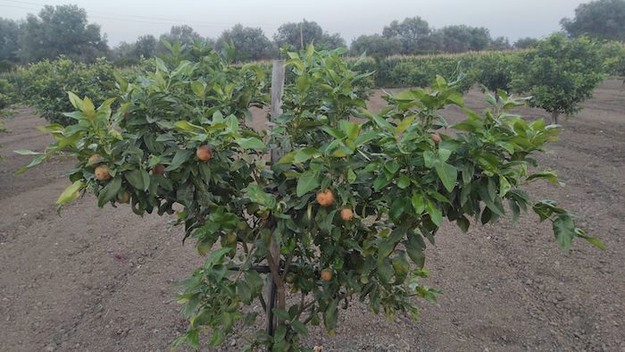
“The situation is dire: we are faced with a huge unexpected calamity. Scalded fruits and leaves, split peel and fruit necrosis - if fruits continue to drop, we will lose almost the entire production and plants may get damaged as well. We will have to wait for the fall season to assess if at least 20% of the fruits will be available. It is crucial to get compensation for the damage as soon as possible, otherwise the whole segment is at risk," reports Fabio Trunfio, sales manager for Patea and the Bergamia cooperative, which gathers two hundred producers and is part of the "Frujt" PO.
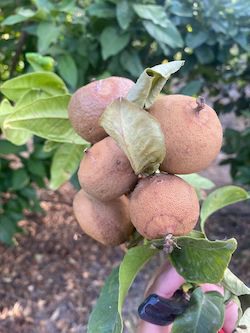 Rosario Previtera, manager of the ecological transition between the promoters for the recognition of the PGI mark for Bergamot oranges from Reggio Calabria, observes that "it will be important to go beyond the recognition of the disaster underway and get organized to deal with the effects of climate change. What is happening must push the entire chain to become resilient, i.e. to adapt to the higher temperatures to avoid having to replace entire historic crops. First of all, we must make growers understand the importance of stipulating specific insurance policies as they do in other countries."
Rosario Previtera, manager of the ecological transition between the promoters for the recognition of the PGI mark for Bergamot oranges from Reggio Calabria, observes that "it will be important to go beyond the recognition of the disaster underway and get organized to deal with the effects of climate change. What is happening must push the entire chain to become resilient, i.e. to adapt to the higher temperatures to avoid having to replace entire historic crops. First of all, we must make growers understand the importance of stipulating specific insurance policies as they do in other countries."
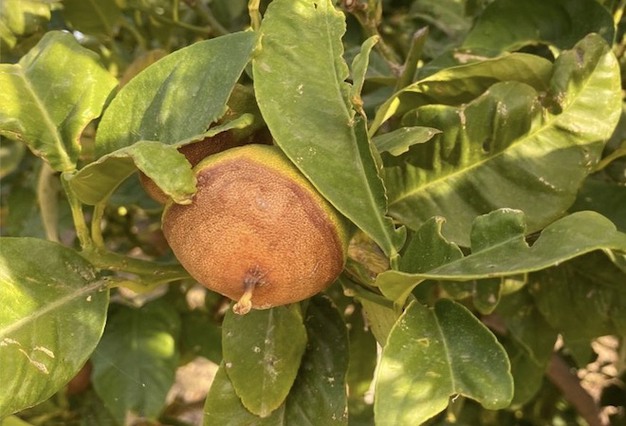
It is also worth mentioning that, due to climate change, the entire Ionian area has been undergoing desertification for years, a phenomenon that is increasing quickly and exponentially and that has been reported by local producers and cooperative.
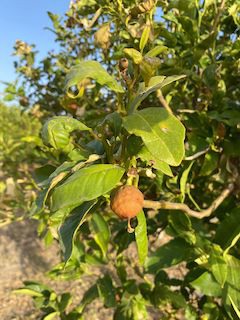 "Such a situation affects all productions. It is essential to push public and specific bodies to take advantage of the funds made available by the National Recovery and Resilience Plan to implement a strategy and develop a plan for the collection of rainwater and low-cost desalination of marine water that do not have environmental impact. The existing technologies allow it and there are examples from other parts of the world we could draw inspiration from."
"Such a situation affects all productions. It is essential to push public and specific bodies to take advantage of the funds made available by the National Recovery and Resilience Plan to implement a strategy and develop a plan for the collection of rainwater and low-cost desalination of marine water that do not have environmental impact. The existing technologies allow it and there are examples from other parts of the world we could draw inspiration from."
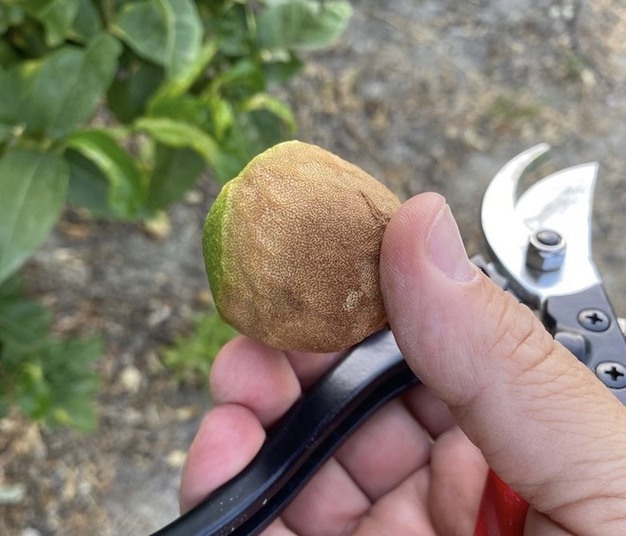
"Also concerning environmental sustainability, it is necessary to push producers towards a correct management of the soil in addition to the implementation of low-consumption irrigation techniques and crop and fertilization techniques to contain and prevent damages. In addition, the stringent need for protection systems against excessive sunlight and hail should not be underestimated, as well as innovative heat dissipation systems both above and below the foliage. It is possible to draw inspiration from the research and solutions applied in other continents, maybe using dedicated regional and European funds, which are of crucial importance."
For further information:
Azienda Agricola Patea
Contrada Caldara s.n.
89036 Brancaleone (RC) - Italy
Cell.: (+39) 338 6311477
Email: [email protected]
Web: www.essenzabergamotto.com
